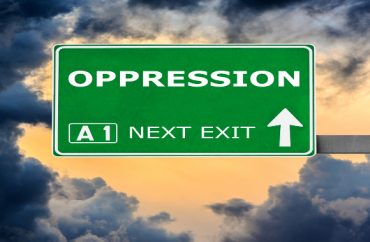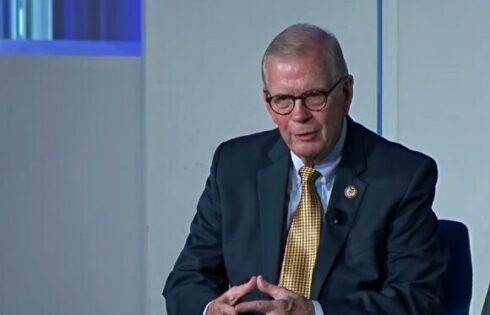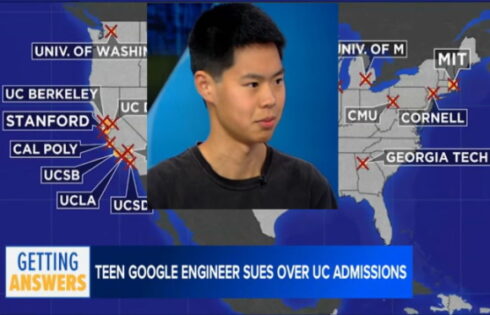
A coming “webinar” at the University of North Carolina Charlotte will assist academic advisors on becoming the “best possible allies” to students … which includes not contributing to the “maintenance of oppressive systems.”
The National Academic Advising Association’s “Academic Advising for Social Justice: Theory, Reflection, and Practice” takes place in mid-April of next year, and will add to previous events such as their 2015 webinar “Academic Advising and Social Justice: Privilege, Diversity, and Student Success.”
In the 2020 workshop,
presenters will challenge participants to engage in critical reflection about themselves and the profession to better understand how we can hear our students lived experiences and work towards being the best possible allies for them. Are there ways in which we unwittingly contribute to the maintenance of oppressive systems that do not serve all students equitably? How can we process our discomfort as a participant in oppressive systems? The presenters will examine the role of emotionality for both advisors and students in this important dialogue, discuss contemporary advising approaches, and explore the concept of counternarratives as a means to work towards social justice in advising.
Call me old fashioned, but if I’m in the market for some academic advising, the possible preservation of “oppressive systems” and progressive notions of social justice are the least of my concerns. Perhaps this is a reason why students at larger universities tend to rate their advisors as “unsatisfactory,” among others.
Social justice and “intersectionalty” are big things with the webinar presenters; they’re both part of the research (and interests) of St. Thomas University’s Jayne Sommers and the University of Minnesota’s Quinn Nelson.
Meanwhile, fellow presenter Ariel Collatz of UC Davis “values collective action, self reflection, open communication, empowerment and the creation and sharing of knowledge.”
Deep.
MORE: Prof: Game of dodgeball’s ‘hidden curriculum’: it ‘reinforces oppression’
MORE: Student leadership conference explores ‘dominant systems of oppression’
IMAGE: Shutterstock.com
Like The College Fix on Facebook / Follow us on Twitter






Please join the conversation about our stories on Facebook, Twitter, Instagram, Reddit, MeWe, Rumble, Gab, Minds and Gettr.